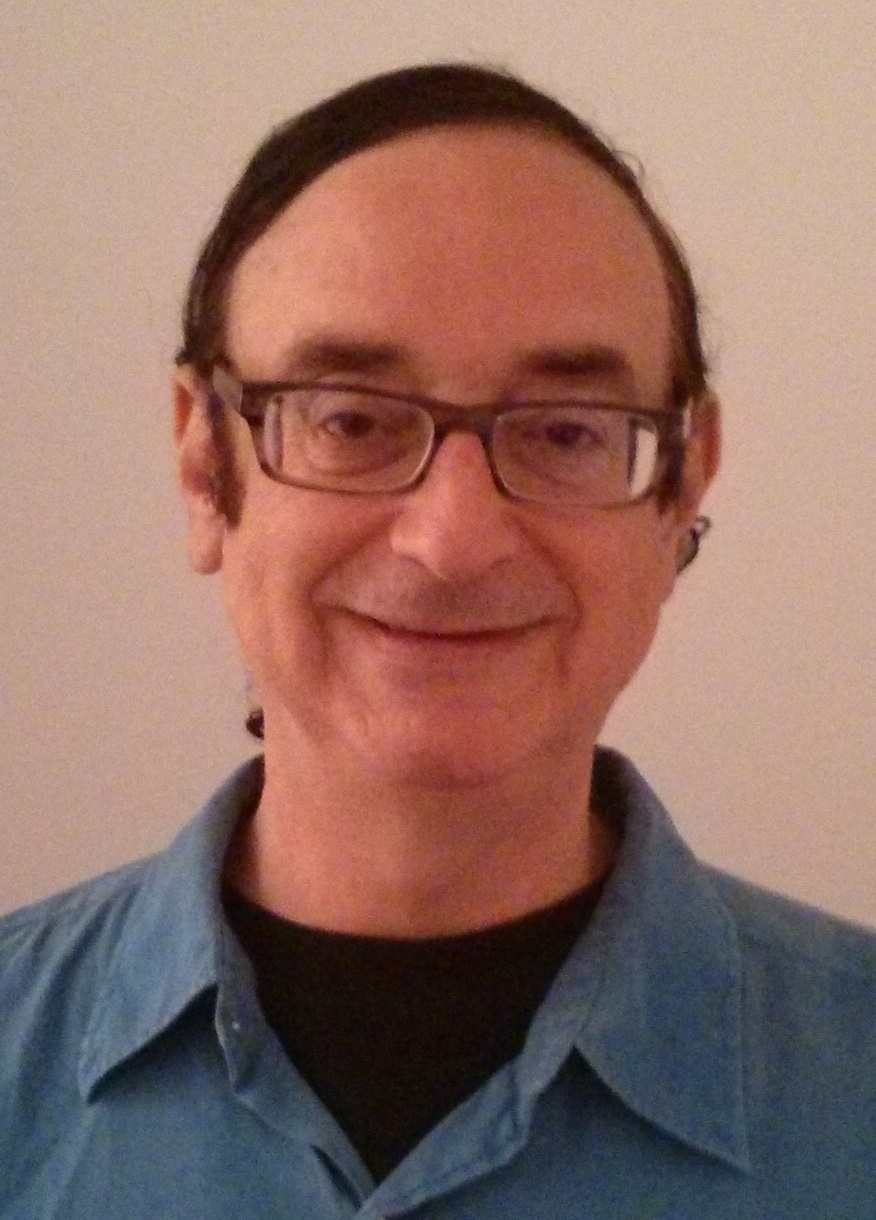Invited Lectures
| Prof. Moti YungProf. Gene TsudikDr. Bo Liu |
 |
| Prof. Moti Yung Snapchat Inc. & Columbia University, USA |
| TITLE: TBA |
| BIO:Moti Yung is a Security and Privacy Scientist with Google, with main interests in Cryptography, Security, and Privacy. He graduated from Columbia University in 1988 and is an adjunct senior research faculty at Columbia till today. In parallel to Columbia he has had an industrial research career, working at places like IBM, RSA Labs. (EMC), Snap, and now Google. Yung is a fellow of ACM, of IEEE, of the International Association for Cryptologic Research (IACR) and the European Association for Theoretical Computer Science (EATCS). Among his awards are ACM's SIGSAC Outstanding Innovation Award in 2014, and 2018 IEEE Computer Society W. Wallace McDowell Award. His research covers broad areas: from the theory and foundations, to applied systems, and actual engineering efforts of cryptography, privacy, and secure systems. |
 |
| Prof. Gene Tsudik University of California, Irvine, USA |
| TITLE: VRASED: Verifiable Remote Attestation for Simple Embedded Devices |
| ABSTRACT: Remote Attestation (RA) is a security service that allows a trusted verifier (Vrf) to measure the software state of an untrusted remote device -- Prv. If correctly implemented, RA allows Vrf to remotely detect if Prv is in an illegal or compromised state. Although several RA architectures have been proposed, little attention has been devoted to their verifiability and security guarantees that can be derived through formal verification of RA architectures. In this talk we introduce VRASED: Verifiable Remote Attestation for Simple Embedded Devices. VRASED instantiates a hybrid (HW/SW) RA co-design aimed at low-end embedded systems, e.g., simple IoT devices. Since VRASED security properties must be jointly guaranteed by HW and SW, verification is a challenging task, which has never been attempted before in the context of RA. Besides being the first formally verified RA scheme, VRASED is the first formally verified HW/SW implementation of any security service. VRASED’s publicly available implementation is realized on Basys3 FPGA and requires 16x fewer Look-Up Tables and 36x fewer registers than the cheapest pure HW-based RA design. |
| BIO:Gene Tsudik is a Chancellor's Professor of Computer Science at the University of California, Irvine (UCI). He obtained his PhD in Computer Science from USC in 1991. Before coming to UCI in 2000, he was at IBM Zurich Research Laboratory (1991-1996) and USC/ISI (1996-2000). His research interests include many topics in security, privacy and applied cryptography. Gene Tsudik is a Fulbright Scholar, Fulbright Specialist (twice), a fellow of ACM, a fellow of IEEE, a fellow of AAAS, and a foreign member of Academia Europaea. From 2009 to 2015 he served as Editor-in-Chief of ACM Transactions on Information and Systems Security (TISSEC, renamed to TOPS in 2016). Gene was the recipient of 2017 ACM SIGSAC Outstanding Contribution Award. He is also the author of the first crypto-poem published as a refereed paper. |
 |
| Dr. Bo Liu Anheng information technology co., LTD, China |
| TITLE:Advanced Threat Detection and Automated Response Using Machine Learning |
| ABSTRACT:Cybersecurity threats are increasingly hidden and sophisticated, and can easily bypass existing detection methods and tools. In this talk we present how we leverage behavior analytics using traffic and log data to detect novel cyber threats. At the same time, we are seeing and defending more and more attacks, how to automate the cybersecurity response lifecycle is a challenging problem. Here we present how we leverage modeling and orchestration methods to achieve automated response. |
| BIO:Bo Liu is now working as Senior Vice President and Chief Scientist of Hangzhou Anheng Information Technology Inc. He obtained his PhD in Computer Science from University of Maryland. He worked as a big data and machine learning scientist at Facebook and Square in the United States before 2017. He was selected as an expert in the Zhejiang Thousand Talents Program being in charge of three major scientific research projects of the states. Dr. Liu has more than 10 years of experience on Cybersecurity, including big data, machine learning and artificial intelligence. More than 50 technical invention patents involved in intelligent threat detection, AI anomaly analysis, UEBA, and network security threat intelligence reasoning. |